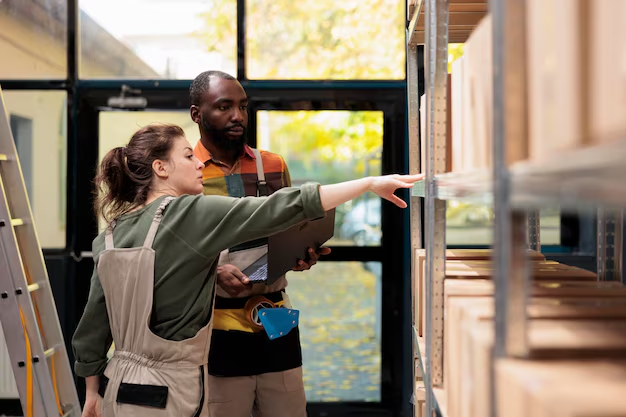Make Your Home Sustainable with Smart Renovation Choices
With growing environmental awareness, choosing sustainable materials for home renovations is becoming a popular and responsible choice. As homeowners seek to reduce their carbon footprint and create healthier living spaces, understanding how to choose the right materials is crucial. Here are some practical tips on selecting sustainable materials and enhancing the environmental benefits of your home renovation.
Understand Sustainability Criteria
Before diving into material choices, it's important to understand what sustainable materials entail. These are typically resources that are:
- Renewable or abundant.
- Locally sourced to reduce transportation emissions.
- Durable, minimizing the need for frequent replacements.
- Non-toxic and free from harmful chemicals.
Choose Materials Wisely
Here are some sustainable material options that will fit a variety of renovation needs:
1. Bamboo
Bamboo is a fantastic choice for flooring and cabinetry due to its rapid growth and renewability. With capabilities that rival traditional hardwood in terms of durability, it’s both a stylish and responsible choice.
2. Recycled Metal
Using recycled metals for elements like roofing and fixtures reduces the need for raw material extraction. Metals like aluminum, steel, and copper are not only recyclable but also offer excellent durability and recyclability again at the end of their lifecycle.
3. Reclaimed Wood
Opt for reclaimed wood for flooring, beams, and furniture. This option reduces the demand for freshly cut timber and gives new life to well-crafted pieces from the past.
4. Cork
Cork is harvested from the bark of cork oak trees and can be harvested without harm to the tree, making it a renewable resource. It's ideal for flooring and insulation due to its resilience and sound-absorbing properties.
5. Low-VOC Paints and Finishes
Look for paints and finishes labeled as low-VOC (Volatile Organic Compounds) to minimize hazardous fumes that can affect indoor air quality. They are safer for the environment and your health.
Prioritize Energy-Efficient Insulation
Insulation is critical in maintaining energy efficiency. Materials such as wool, cellulose (made from recycled paper), and cotton (from recycled denim) provide excellent insulation properties while being environmentally friendly.
Consider the Long-Term Benefits
Sustainable renovations may come with a higher upfront cost but think of the possible long-term savings. Energy-efficient materials can significantly cut heating and cooling costs. Moreover, sustainable infrastructures often come with greater durability, meaning fewer repairs or replacements over time.
Explore Financial Assistance
One attractive aspect of embracing sustainability is the availability of financial resources that can help offset costs. Governments and institutions offer numerous programs designed to support environmentally friendly upgrades.
Financial Resources and Programs
- 🌱 Energy Efficiency Tax Credits: Many government bodies provide tax credits for energy-efficient home improvements, such as installing solar panels or upgrading insulation.
- 🔑 Federal Grant Programs: Programs like those offered by HUD can support home renovations aimed at enhancing energy efficiency and sustainability.
- 💸 Low-Interest Loans: Banks and credit unions often promote green-friendly terms for loans that are intended for energy-conscious upgrades.
- 🏡 State and Local Rebates: Regional programs may offer rebates or discounts for energy-saving appliances and installations.
- 📚 Educational Resources: Online platforms and local workshops can provide valuable information on best practices in sustainable renovations and financial planning.
Opting for sustainable materials in home renovations not only contributes positively to the environment but also adapts your space to be more efficient and future-ready. By leveraging available financial resources, these responsible choices become increasingly accessible, enabling more homeowners to participate in building a sustainable future.

